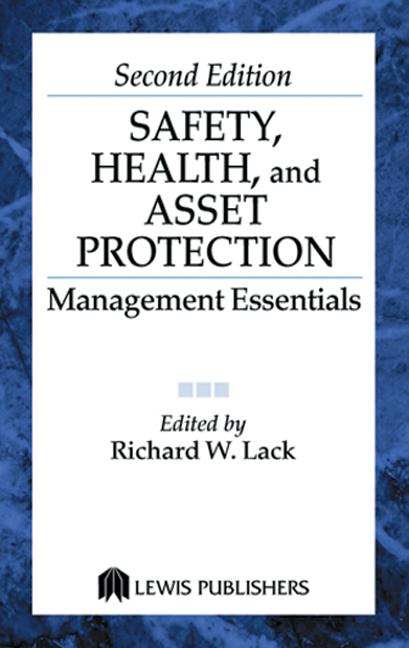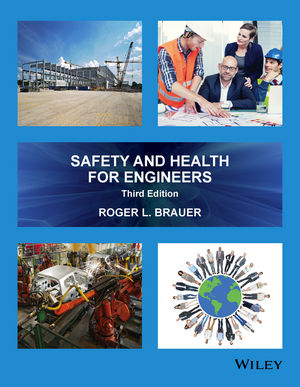 The Environmental Protection may get some help from environmental and public health groups as it contends with legal challenges to its final Utility Maximum Achievable Control Technology (MACT) rule.
The Environmental Protection may get some help from environmental and public health groups as it contends with legal challenges to its final Utility Maximum Achievable Control Technology (MACT) rule.
Sixteen national and state environmental, clean air and public health groups have filed a motion asking for permission to participate in MACT-related cases on the EPA's behalf.
The rule, aimed at cleaning up toxic mercury pollution, acid gases and other hazardous emission from power plants, has come up against stiff opposition from groups like the National Minining Association (NMA), which petitioned the U.S. Court of Appeals for the District of Columbia to review the final rule, claiming that it will have a negative impact on the nation's electricity grid.
In a statement issued on February 16, the NMA said MACT compliance would result in higher costs to consumers and businesses. However, the group did not address the health concerns surrounding mercury, a potent neurotoxin that affects the development of prenatal babies and young children.
"An estimated 400,000 children are born each year with dangerous mercury levels in their blood," according to a statement by the Sierra Club. "The EPA’s protections would cut toxic mercury pollution, acid gases and other air toxics like arsenic, chromium, nickel and selenium from dirty power plants."
The groups lining up on the EPA's side of the issue include: The American Academy of Pediatrics, American Lung Association, American Nurses Association, American Public Health Association, Chesapeake Bay Foundation, Conservation Law Foundation, Environment America, Environmental Defense Fund, Izaak Walton League of America, Natural Resources Council of Maine, Natural Resources Defense Council, Ohio Environmental Council, PennFuture, Physicians for Social Responsibility, Sierra Club and Waterkeeper Alliance.
Mercury is a potent neurotoxin that threatens the development of prenatal babies and young children. An estimated 400,000 children are born each year with dangerous mercury levels in their blood. The EPA’s protections would cut toxic mercury pollution, acid gases and other air toxics like arsenic, chromium, nickel and selenium from dirty power plants. The vast majority of Americans support this important cleanup of toxic pollution.
Health, environmental groups back EPA over MACT




